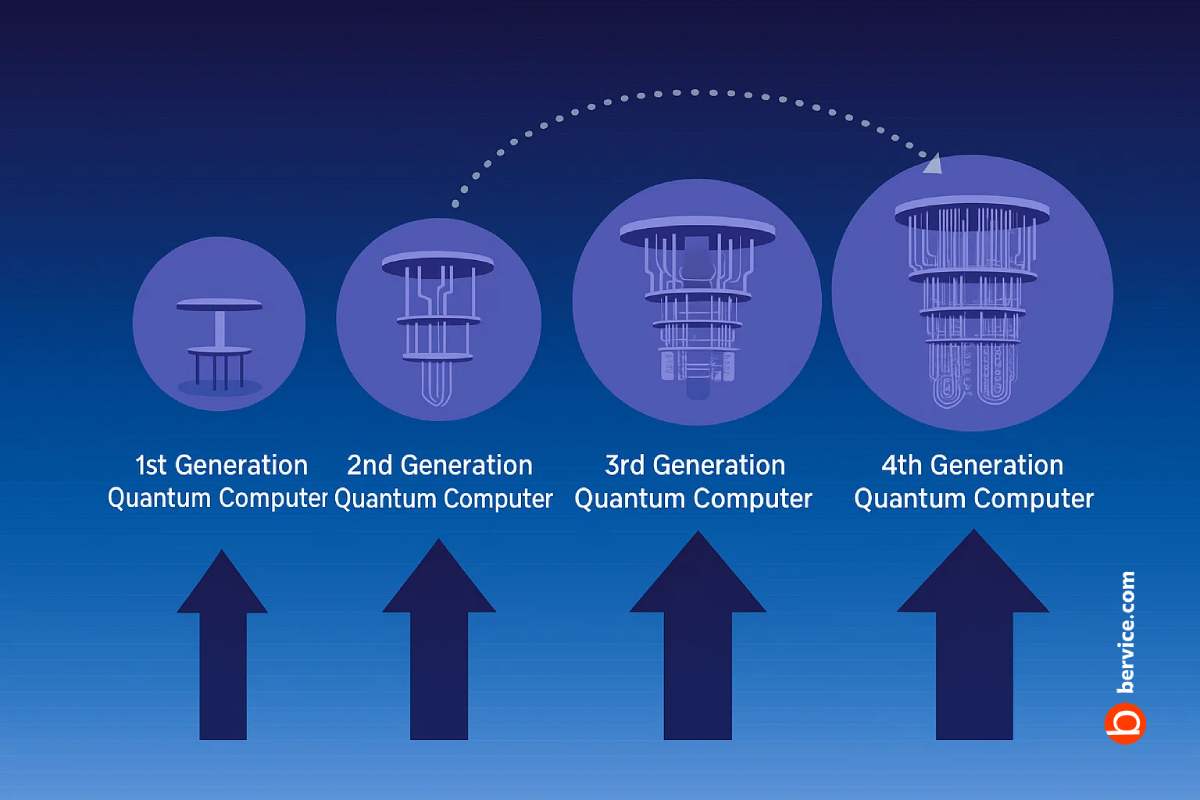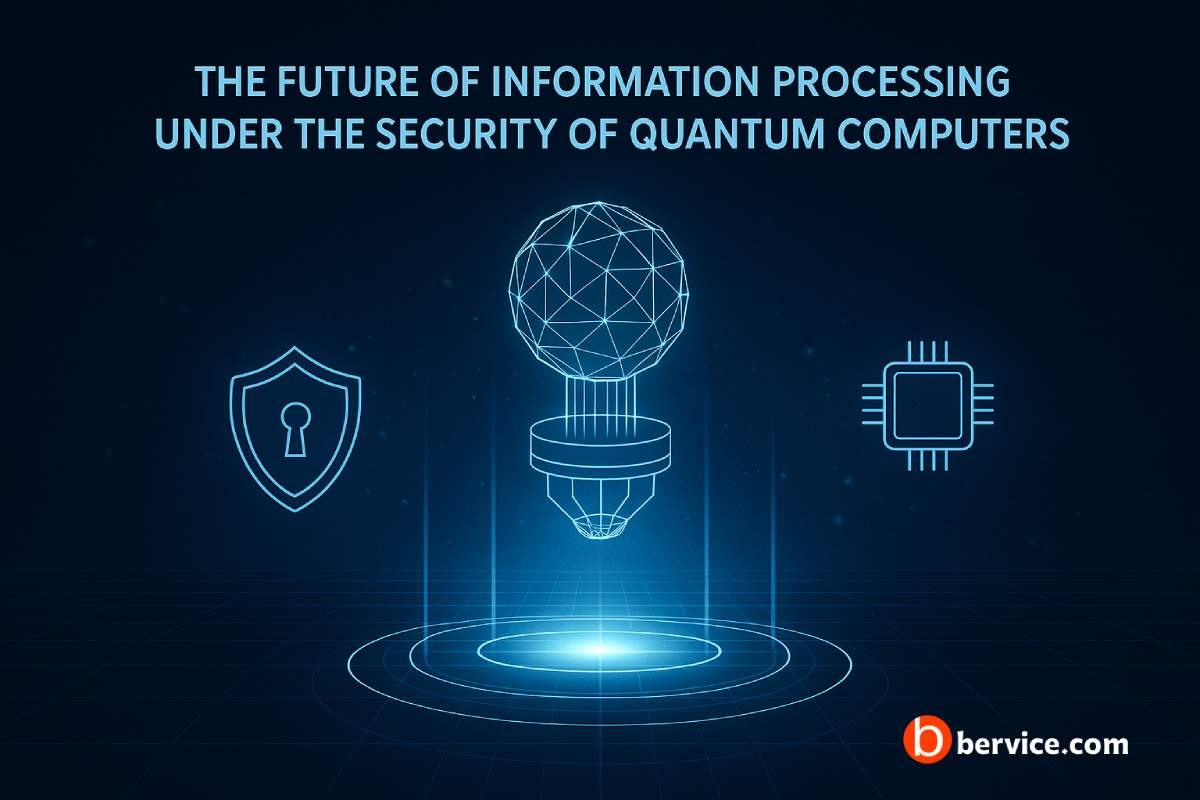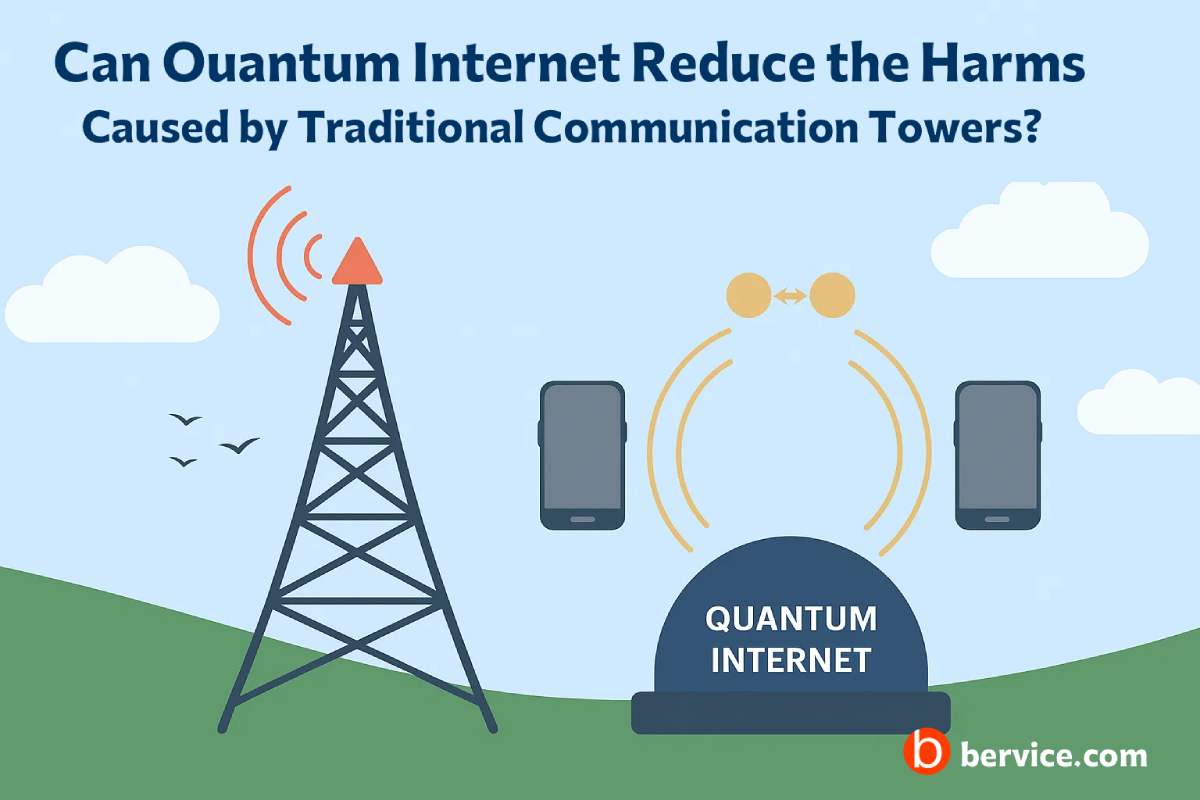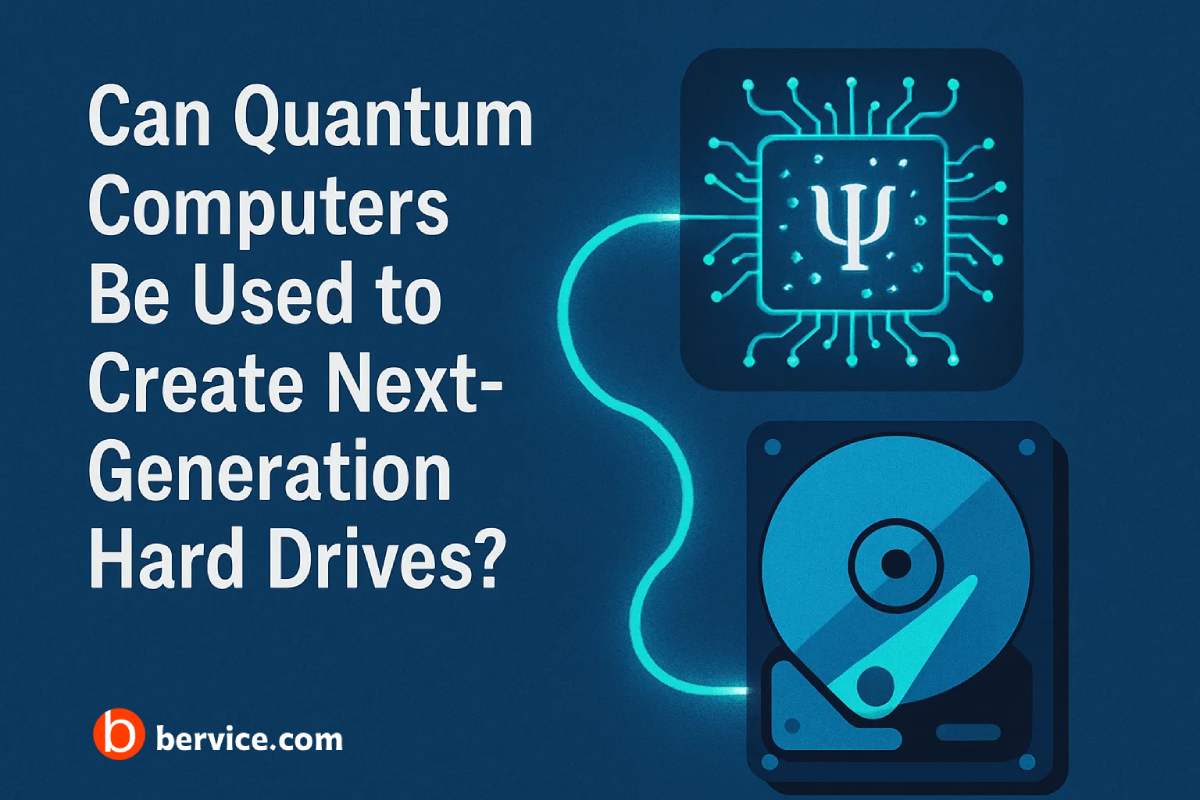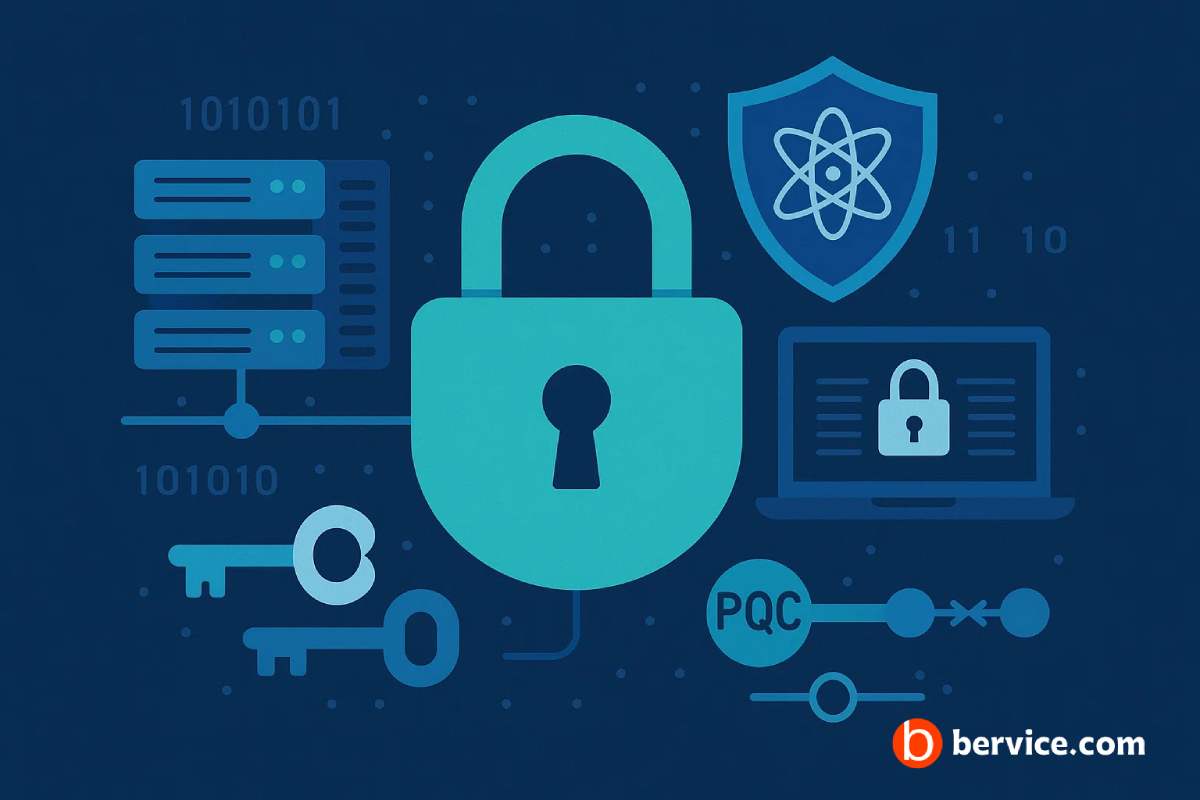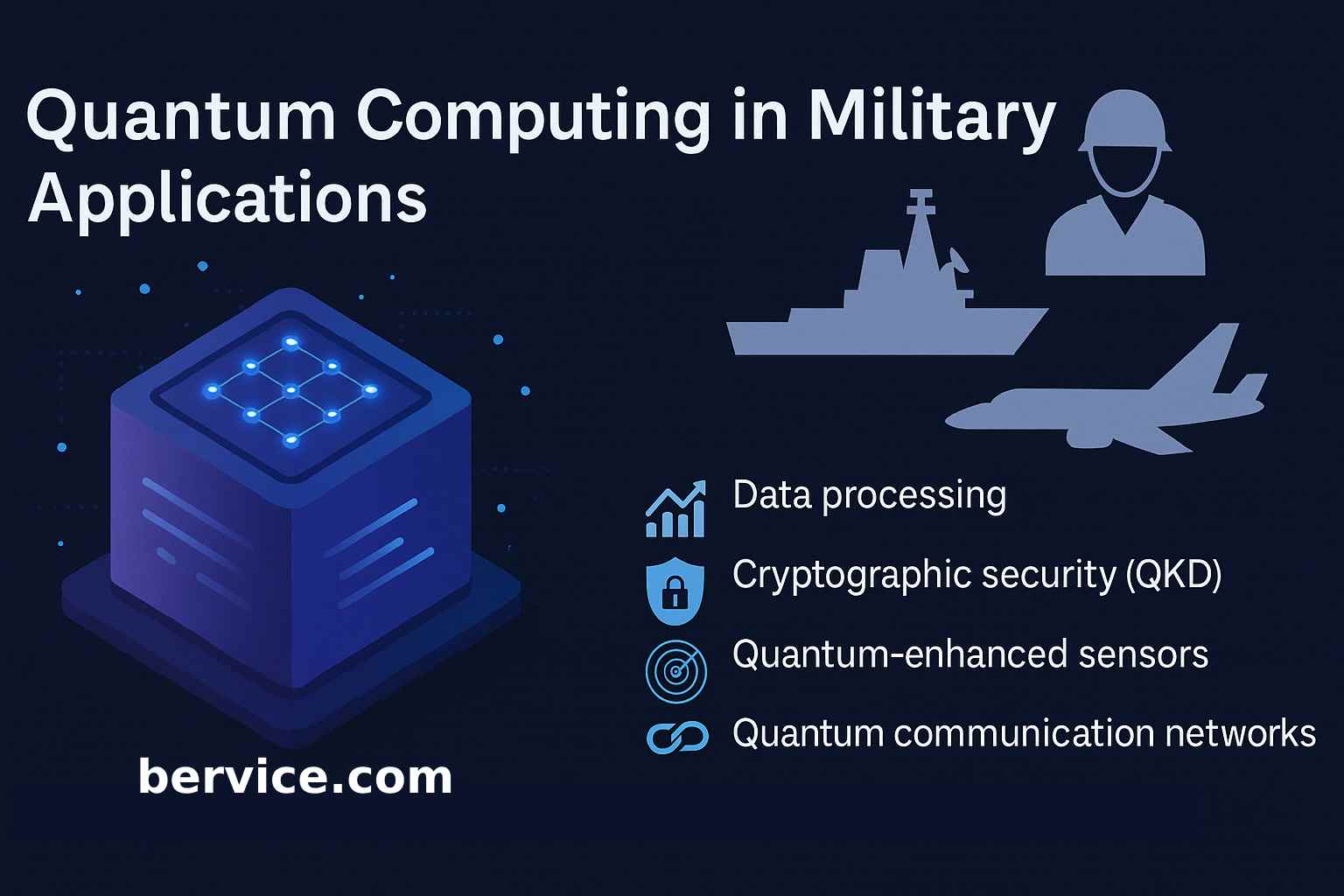
Quantum computing has emerged as a revolutionary technology with vast potential across various industries, including defense and military applications. The fundamental principles of quantum mechanics, such as superposition, entanglement, and quantum tunneling, provide computational power far beyond the capabilities of classical computers. This opens the door to advanced military applications, ranging from secure communication systems to advanced weaponry and cryptography.
Quantum Computing in Military Strategy and Decision-Making
One of the most promising areas of military use for quantum computing is in optimizing complex decision-making processes. Military strategies often require the analysis of vast amounts of data, including satellite images, intelligence reports, and battlefield simulations. Classical computers struggle with the massive computational burden of these tasks, but quantum computers can potentially process such data in a fraction of the time, enabling quicker decision-making. Quantum algorithms, such as Grover’s and Shor’s algorithms, have the potential to solve problems like pattern recognition and optimization with far greater efficiency, which can be vital in real-time military operations.
Quantum Cryptography for Secure Communications
Another crucial application of quantum computing in the military is quantum cryptography, particularly Quantum Key Distribution (QKD). Unlike traditional cryptographic methods that rely on the complexity of mathematical problems, QKD leverages the principles of quantum mechanics to ensure secure communication. In QKD, any attempt to eavesdrop on a communication channel causes detectable disturbances, making it virtually impossible for adversaries to intercept encrypted information without being noticed. For military communications, which are often targeted by cyberattacks, this level of security could be a game-changer, ensuring that sensitive data remains confidential even in the face of quantum-enabled attacks.
Quantum-Enhanced Sensors and Detection Systems
Quantum computing also has the potential to enhance various military technologies, such as sensors and detection systems. Quantum sensors can offer unmatched precision in detecting various signals, from gravitational waves to magnetic fields, making them highly effective in detecting submarines or stealth aircraft. These sensors can be used in a variety of military devices, including advanced radar systems, sonar, and navigation equipment, providing an edge in monitoring and detecting threats.
Quantum-Enabled Data Transmission Systems
The advent of quantum communication networks presents another significant leap in military technology. Using quantum entanglement, quantum communication systems could transmit information securely over long distances without the risk of interception. This is especially critical for maintaining communication in hostile environments or during conflict, where traditional communication channels are often vulnerable to cyberattacks or interception by adversaries. The ability to transmit encrypted data that cannot be intercepted or decoded using classical means will be vital for the military in preserving operational security.
Challenges and Future Prospects
Despite the significant promise of quantum technologies, there are still several challenges to overcome before they can be fully integrated into military applications. Quantum computers and communication systems are currently in the early stages of development and require highly specialized infrastructure to function. The cost of building and maintaining quantum systems remains high, and there are issues related to scalability and stability.
Moreover, military adoption of quantum technologies must address several ethical and strategic concerns, such as the potential for new arms races or the unintended consequences of quantum-enhanced weaponry. As quantum technologies continue to evolve, governments and defense agencies will need to balance innovation with caution to ensure that the benefits of quantum computing in military applications are realized without exacerbating global security risks.
Conclusion
Quantum computing and quantum communication systems hold immense potential for transforming military capabilities. By enhancing decision-making, improving security, and providing new capabilities in sensing and data transmission, quantum technologies can give defense forces a decisive edge in future conflicts. However, as these technologies advance, they will require careful oversight to ensure they are deployed responsibly, with attention to both their military benefits and the risks they pose to global security.
Connect with us : https://linktr.ee/bervice
